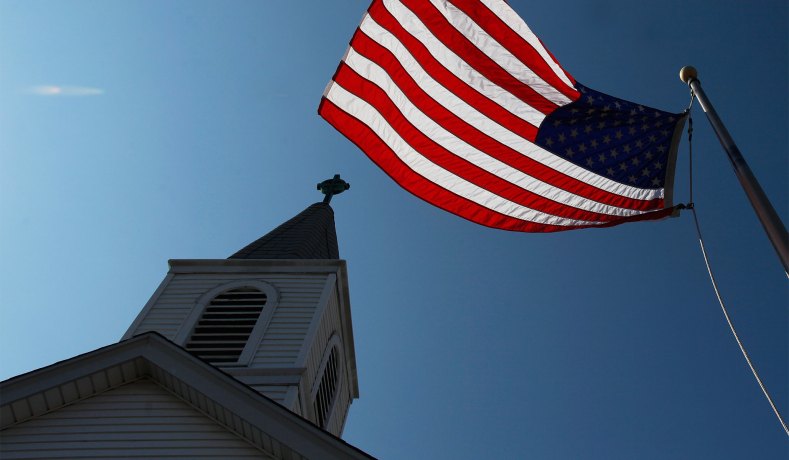
A radical idea from the Founding Fathers that still works today
Since 1993, the president has formally recognized January 16th as Religious Freedom Day. The day marks the anniversary of the passage of the Virginia Statute for Religious Freedom, which cut formal ties between the Church of England and the state of Virginia.
In an age of hyper-partisanship, Religious Freedom Day offers all Americans — religious and nonreligious — an opportunity to celebrate and renew our commitment to safeguarding principles we have historically agreed on: religious liberty and conscience protection.
Drafted by Thomas Jefferson and passed into law in 1786, the Virginia Statute disestablished the state church, abolished parish taxes, and protected the civil rights of citizens to express their religious beliefs without fear of censure or reprisal. A precursor to the First Amendment, the Virginia law recognized the pursuit of religious truth as a basic human good and acknowledged that citizens should be free to live out their faith without imposition from the government. The law also anticipated Article 6 of the Constitution, which states that there “shall be no religious test” for anyone seeking to serve in public office.
Because religious freedom is largely taken for granted today, it is easy to forget the radical nature of Jefferson’s proposal when he first made it 233 years ago. At a time when cuius regio, eius religio (Latin for “whose realm, his religion”) was still the dominant way of conceiving the relationship between church and state, Jefferson argued that religion is inherently an interior matter between an individual and God and that consequently, faith cannot be coerced. The state has no business interfering with man’s quest for religious truth because God, not the state, is Lord of the conscience.
Moreover, true faith requires sincere adherence to specific doctrines. The state cannot force anyone to believe. While people may feign belief to avoid punishment, the state can never effect genuine belief at the level of conscience. Therefore, civil authorities should allow the free flow of religious opinions and use persuasion, not coercion, to encourage belief in God.
Historically, America’s commitment to religious freedom has enjoyed broad support. In fact, in 1993, when the issue was again brought to the nation’s attention by the Supreme Court’s decision in Employment Division v. Smith (1990), Congress responded by passing the Religious Freedom Restoration Act (RFRA) with a bipartisan consensus. Then-Congressman Charles Schumer drafted the House bill. In the Senate, the bill was introduced by Ted Kennedy (D., Mass.). The law passed unanimously in the House of Representatives and by a vote of 97-3 in the U.S. Senate and was signed into law by President Bill Clinton.
Article accessed from http://www.nationalreview.com/2019/01/religious-freedom-day-vital-founding-principle/ on January 16, 2019. Our congregation does not have any affiliation with or endorsement of this news source.


